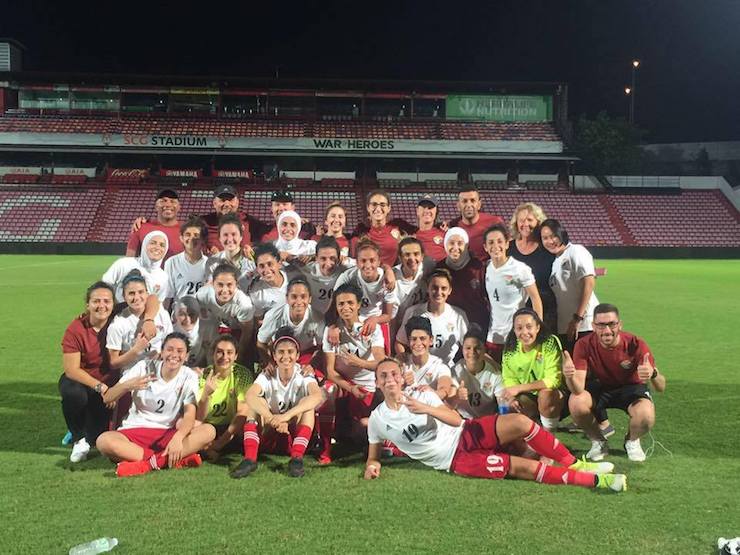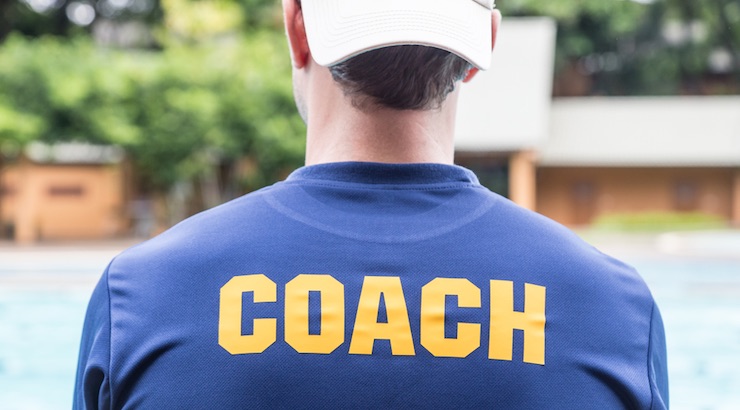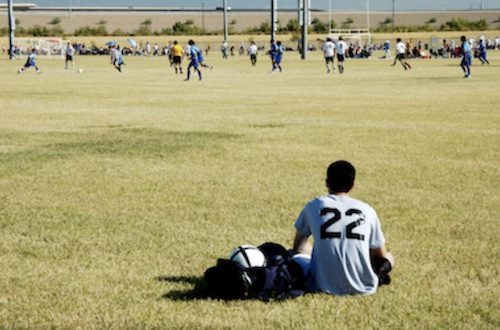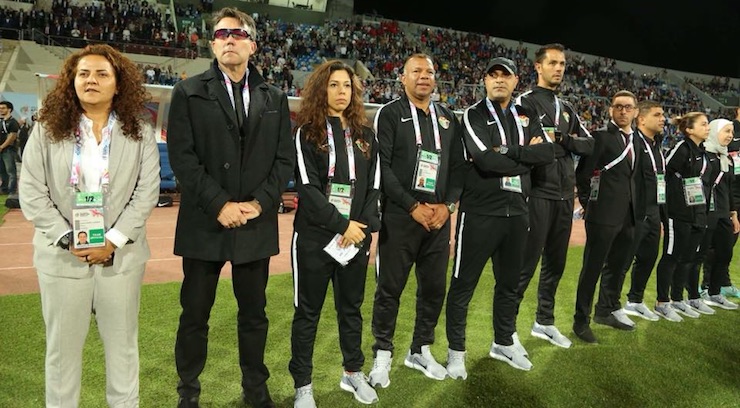Making Soccer Great: Coaching Educator Mike Dickey on What Makes a Good Coach and a Successful Player
New multi-part series on Improving American Soccer — Here is Part I of the three-part interview with Mike Dickey. Part II on MIKE DICKEY ON SCOUTING: ARE WE DOING ENOUGH TO IDENTIFY PLAYERS comes out later this week.
Youth Soccer News: Mike Dickey is Technical Director for the Kentucky Fire Juniors Youth Soccer Club and a Coaching Educator for U.S. Soccer. A coach to the coaches, Dickey has more than 30 years experience.
Dickey started coaching the Olympic Development Program in the 90s and joined the staff of U.S. Soccer in the 2000s. Dickey became the U14 Girls National Team Head Coach in 2005 and has served as Head Coach of the U15, and U16 teams and took over the U17s in 2010. In 2009, Dickey was a guest coach with the India Women’s National Football Team and on May 1, 2017, became the head coach of the Jordan Women’s National Football Team.
Dickey was interviewed from Louisville, Kentucky.
SoccerToday’s Interview with Mike Dickey
Felicia Hess: You first began coaching in 1986 and started teaching U.S. Soccer’s coaching education courses for the D, E and F licenses in the late 90s. Then in 2005, you helped pioneer the A and B license course. As a coach with an extensive background in the game — What is your coaching philosophy?
Mike Dickey: Yes, okay, (laughs), so it’s a difficult question because my philosophy has evolved over time.
I’m very player-centric, and I’m not so much concerned about my opponent as I am about making sure we can control the way we can perform.
I want my players to be comfortable with the ball. I want them to feel assertive and aggressive in making decisions, and I don’t want all the decisions to originate from me.
I want my players to feel free to make mistakes and try to assert their abilities on and off the ball.
Felicia Hess: So what is the number one driving force of a successful player?
Mike Dickey: The player has to want to be a very good player, they have to have the drive to win, to be better than the player that they’re playing against and able to stay composed and not get overly frustrated if they don’t have success every chance they get.
A player that wants to succeed has to be willing to watch and learn and take themselves out of their comfort zone, and perhaps play with more challenging older players.
For a player to be successful, is important that he or she can deal with adversity well — if things are not going well, they can still stay composed

Felicia Hess: How important is creativity to you?
Mike Dickey: I believe players should be able to be creatives, but it also depends on where they are on the field.
I don’t know that I want players under pressure, in front of our goal, to be overly creative. I want them to be simple and safe and direct at times.
But when we find areas on the field where we can’t get punished for being creative, I like to see players do things that are fun to watch and that get the people excited.
Felicia Hess: What do you think makes a good coach?
Mike Dickey: A good coach is somebody who has a clear vision of what he or she wants their soccer to look like based on the players that they have.
A good coach listens to their players and knows what their needs are —
And is sensitive to the individual, not only thinking about the entire group.
As a coach, your decisions are based on what sort of talent you have. A good coach is also someone that can make decisions during a game and is able to adapt if things are not going right and make changes when what they have planned isn’t working.
A good coach is also able to see the whole picture; what their opponent is doing and what their team is doing — and is able to make adjustments that make the game better.

Felicia Hess: What does the USA need to do to develop better players so we can compete successfully on the world stage?
Mike Dickey: In order to compete on the world stage, we need to make sure that every age group we’re developing has fundamentally sound players that can play against more advanced players.
So for example, you know we can’t solve things on the field by just being bigger, faster and more athletic. Eventually, all the players on the world stage are bigger, faster and athletic.
We need players who are really good with the ball, who make good decisions with the ball, and without the ball, and who can play with both feet.
The USA needs better adaptable players.
Many of our players today know what to do if they’re winning the game but not if they’re losing.
I think a lot of youth players internationally are a better equipped when they get older because they understand how to manage a game and they also have the skill set on the ball to do things some many of our players just can’t do.
 Felicia Hess: So what is the one thing you think American youth players need to improve the most?
Felicia Hess: So what is the one thing you think American youth players need to improve the most?
Mike Dickey: I think the biggest thing for American players is their game understanding, how to manage a game.
So for example, if they’re up a goal and they don’t have a lot of time, what do they do?
We have a lot of technically gifted players, but do they know how to apply specific techniques to solve certain tactical situations?
And I’m not sure we teach that enough. I think we really need to make sure that our kids are, #1 technically very solid but also know how to apply these techniques to solve a situation in a game.
And I don’t think our players necessarily get taught that enough, nor do they even have to apply these skills in their play on a weekly basis.

Felicia Hess: What advice would you give to a player who is having difficulty communicating with their coach?
Mike Dickey: Communication is established in the beginning. When you show up at training, make sure you communicate with your coach by saying hello.
And, write down the questions you think about throughout the day or at night.
Then before training or after training, just say, can I ask you about ….? Its good to have something written down and not just speaking off the cuff, or try to ask questions when you’re really tired or frustrated.
It is better to have something organized and put together prior to the conversation.






